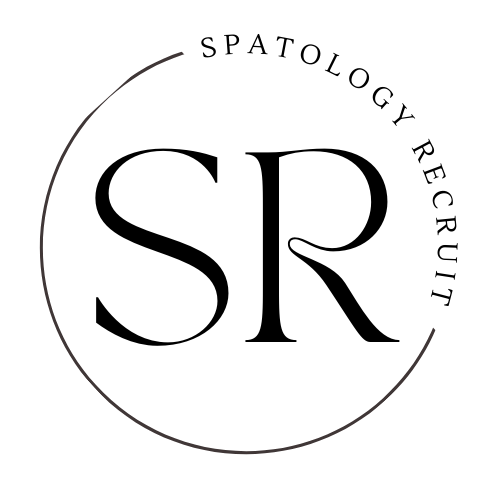Exit your employment with grace!
Exiting a job with unresolved issues can stir up intense emotion, but it’s essential to handle the situation professionally. Here are some reasons why you should avoid leaving on bad terms with your current employer and how this can impact your future employment.
It could affect your professional reputation
When you leave a job on bad terms, it can tarnish your professional reputation. Word travels fast in the industry, and potential employers may hear about your negative departure. They might question your ability to handle workplace conflicts or wonder if you’ll bring similar issues to their organization.
Always strive to maintain a positive and respectful relationship with your current employer, even if you’re unhappy. It’s better to part ways amicably.
Getting a bad reference and recommendations
Employers often ask for references from your previous workplaces. If you left on bad terms, your former employer might not provide a favourable recommendation. Negative references can significantly impact your chances of landing a new job.
Whenever possible, leave on good terms. Maintain open communication and express gratitude for the experience you gained.
Affecting future job searches
When you apply for new positions, potential employers will inquire about your work history. If you left a job on bad terms, you’ll need to explain the circumstances during interviews.
Be honest but diplomatic. Focus on what you learned from the experience and how you’ve grown since then.
Your emotional well-being is at risk
Leaving on bad terms can lead to stress, anxiety, and lingering negative feelings. It’s essential to prioritize your emotional well-being.
Seek closure and find healthy ways to process any negative emotions. Remember that moving forward positively is crucial for your career.
Open gaps during time of employment
If you quit abruptly or were terminated due to conflicts, you might face a gap in your employment history. Employers may question why you left without having another job lined up.
Address the gap professionally during interviews. Explain that you prioritized your well-being and are now ready for new opportunities.
In summary, leaving on good terms benefits your professional reputation, references, and future job prospects.


